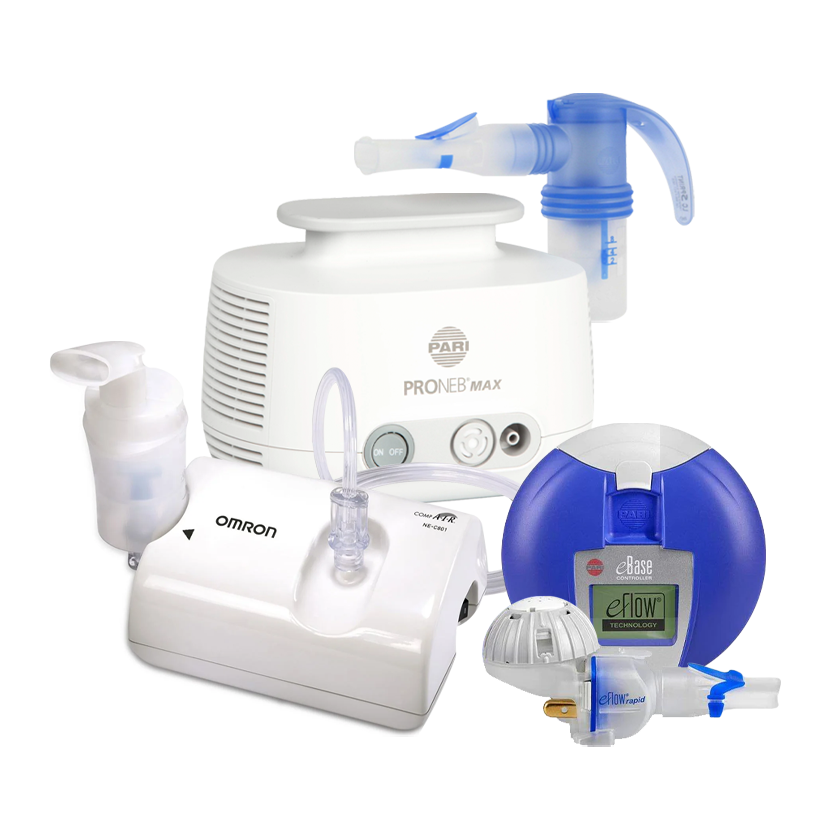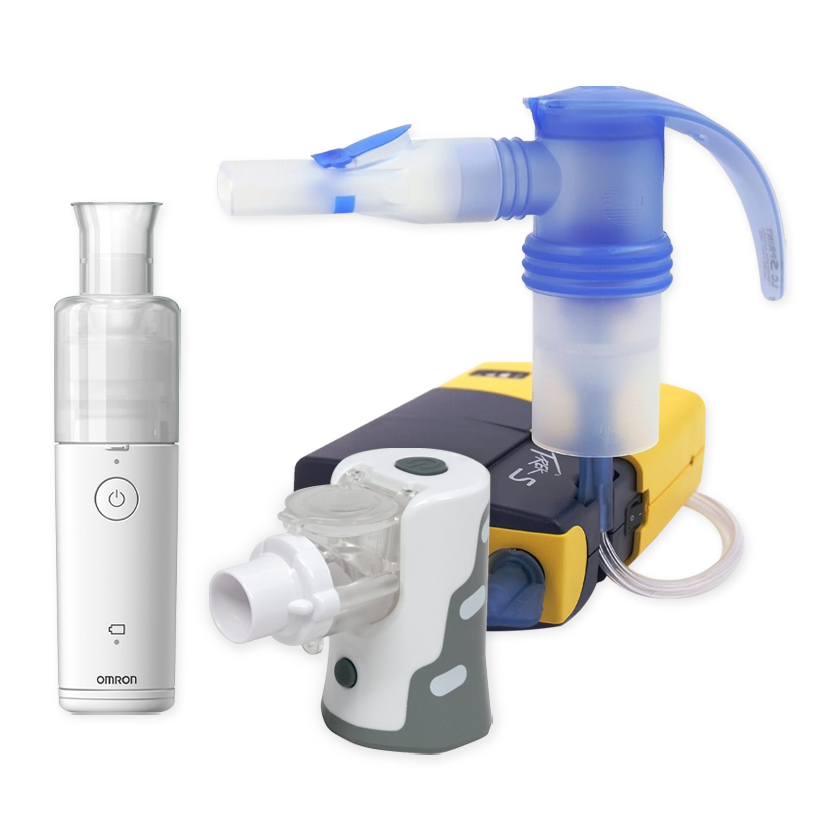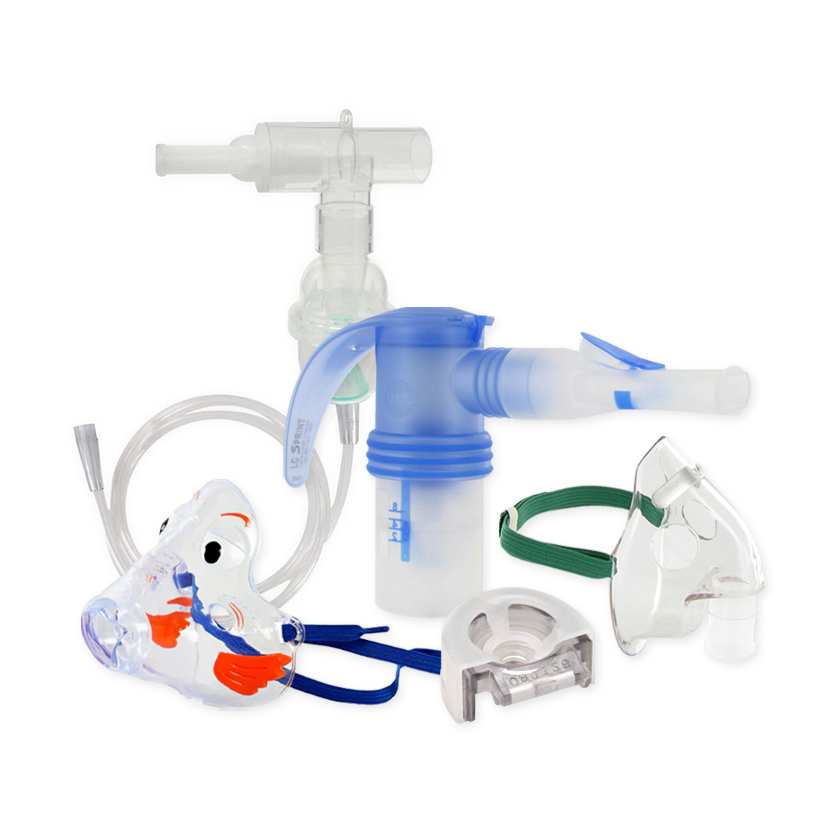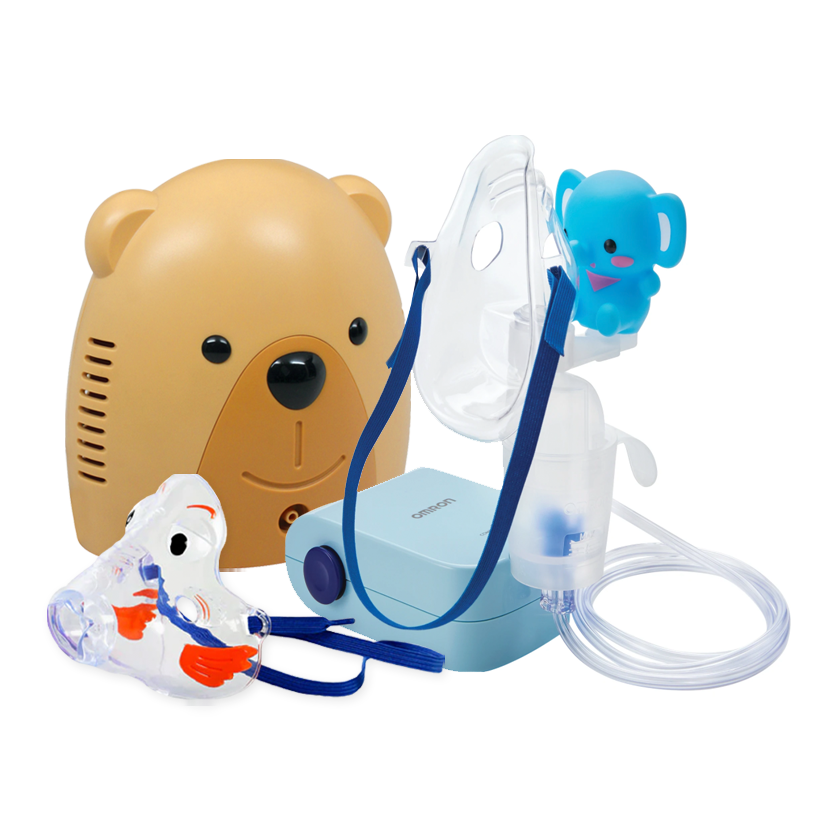Your Cart is Empty
Free Shipping on all orders over $75! Plus, free express shipping on select items.
Menu

Free Shipping on all orders over $75! Plus, free express shipping on select items.
Nebulizer Systems
Travel Nebulizers
Nebulizer Accessories
Just For Kids
Oxygen Supplies
Good Gut Bacteria May Prevent Asthma
October 29, 2015 1 min read
The bacteria in an infant’s gut could determine whether or not they develop asthma, says a new study.
As part of a project called the Canadian Healthy Infant Longitudinal Development study, scientists tested 319 babies to see if they showed symptoms of being at risk for asthma, specifically wheezing and having allergies. 22 babies showed both symptoms and were considered “most at risk.”
The scientists also took stool samples from all 319 babies. What they found was that the 22 most at risk infants had significantly lower levels of four particular gut bacterias than the rest of the infants. A year later, more stool samples were taken and the difference in gut bacteria levels was much less significant. "What I think is important and not so surprising to pediatricians was how important the very early life is," said study co-author Stuart Turvey. "Our study emphasizes that in that first 100 days the structure of the gut microbiome seems to be very important in influencing the immune responses that cause or protect us from asthma."
The scientists hypothesized that exposing infants to the four bacteria could prevent them from developing asthma. They tested this on newborn mice and found that the ones exposed to the four bacteria developed less severe asthma. Adult asthmatic mice, when given the four bacteria, also experienced decreased inflammation.
The possibility of treating humans with these bacteria is still a long ways off. For one thing, scientists don’t know if it’s safe or if it would even be effective long term. Nonetheless, they have secured a patent for the combination of bacteria.
Subscribe
Sign up to get the latest on sales, new releases and more …

NEW CUSTOMERS SAVE 10% OFF YOUR FIRST PURCHASE OF $20 OR MORE.
Code will be sent to email entered if applicable
SIGN UP FOR FUTURE SALES, NEW PRODUCTS AND ANNOUNCEMENTS
{"themeColor":"#061f77","iconColor":"#061f77","showLogo":true,"topBottomPosition":0,"rightLeftPosition":5,"iconSize":"large","iconCustomSize":64,"position":"middle-right"}



